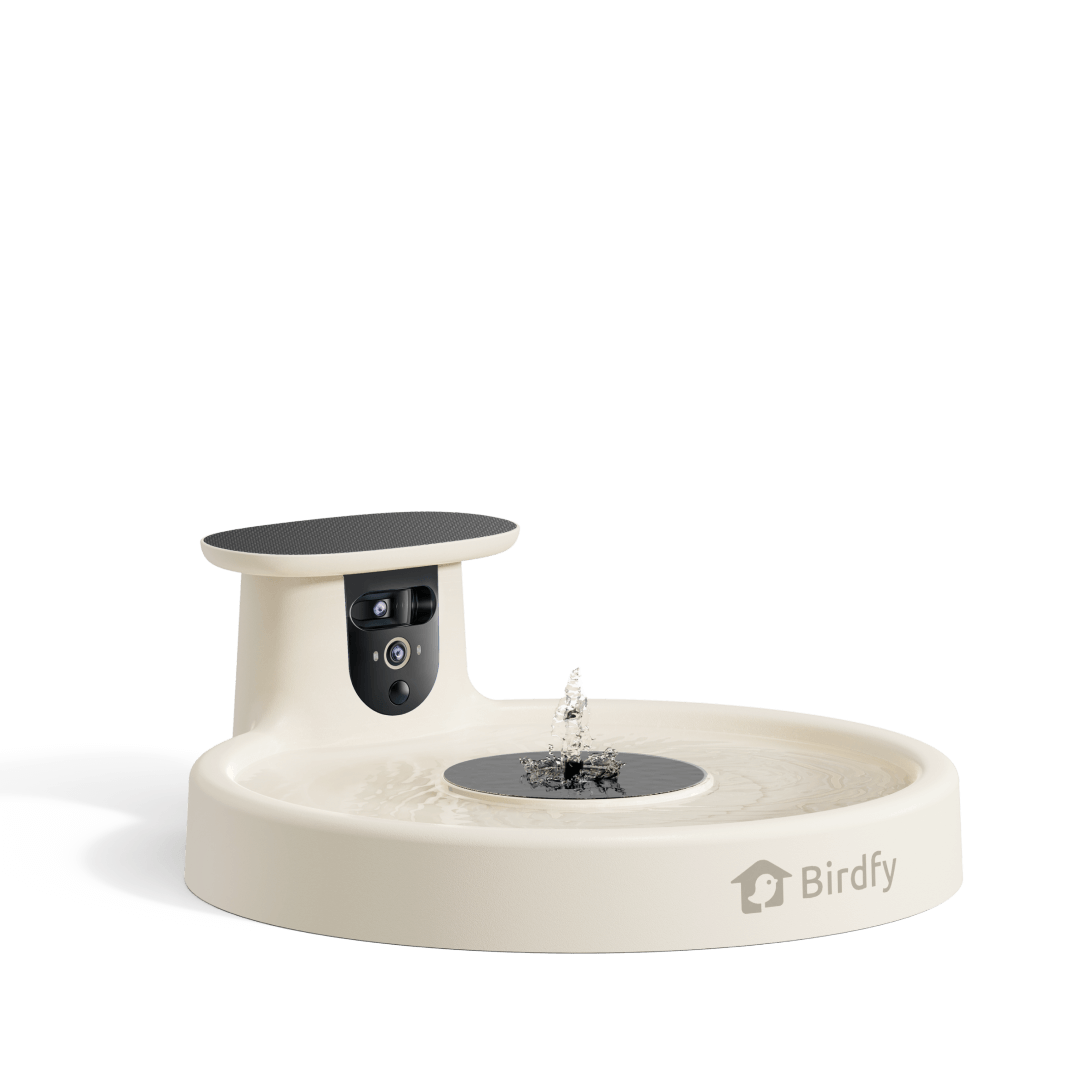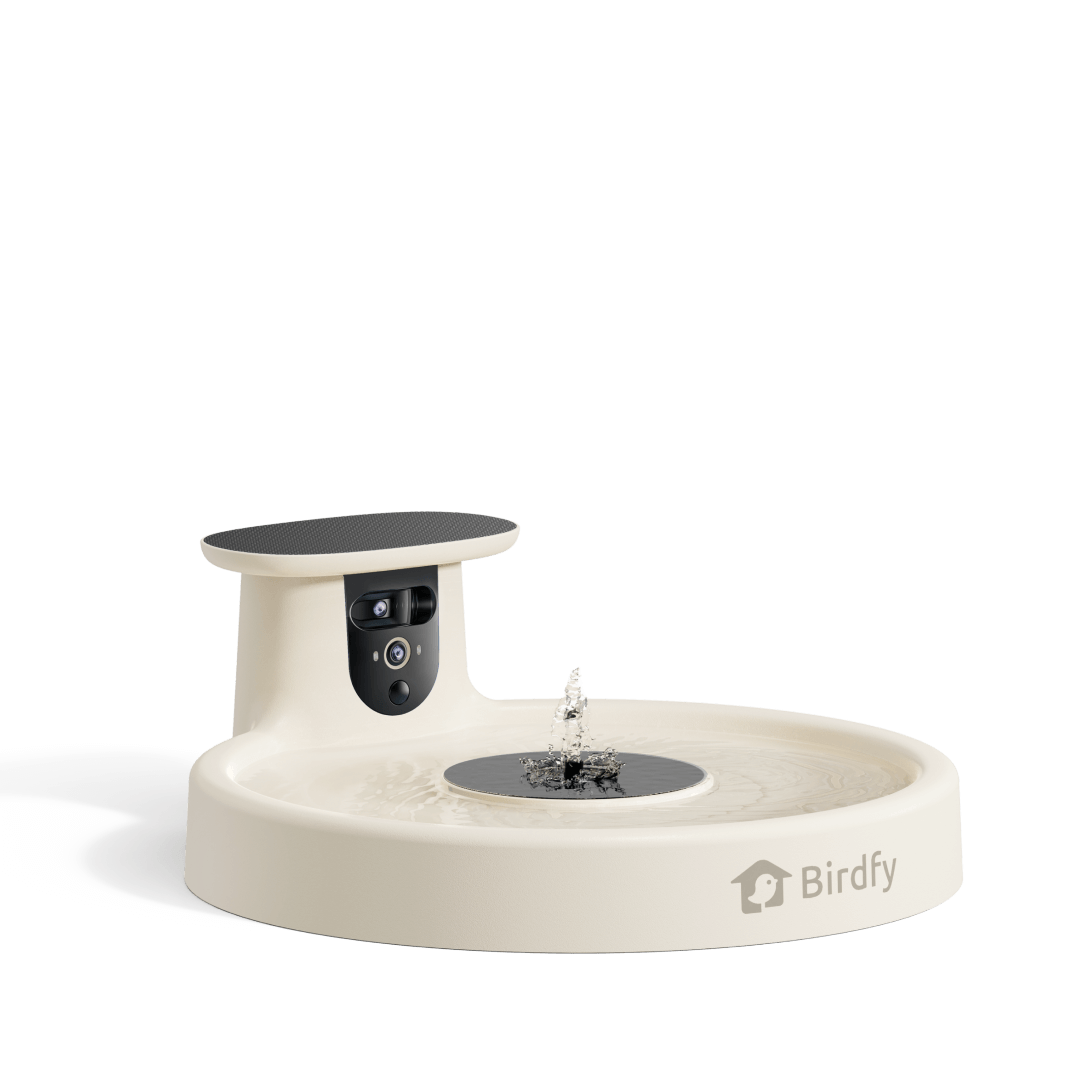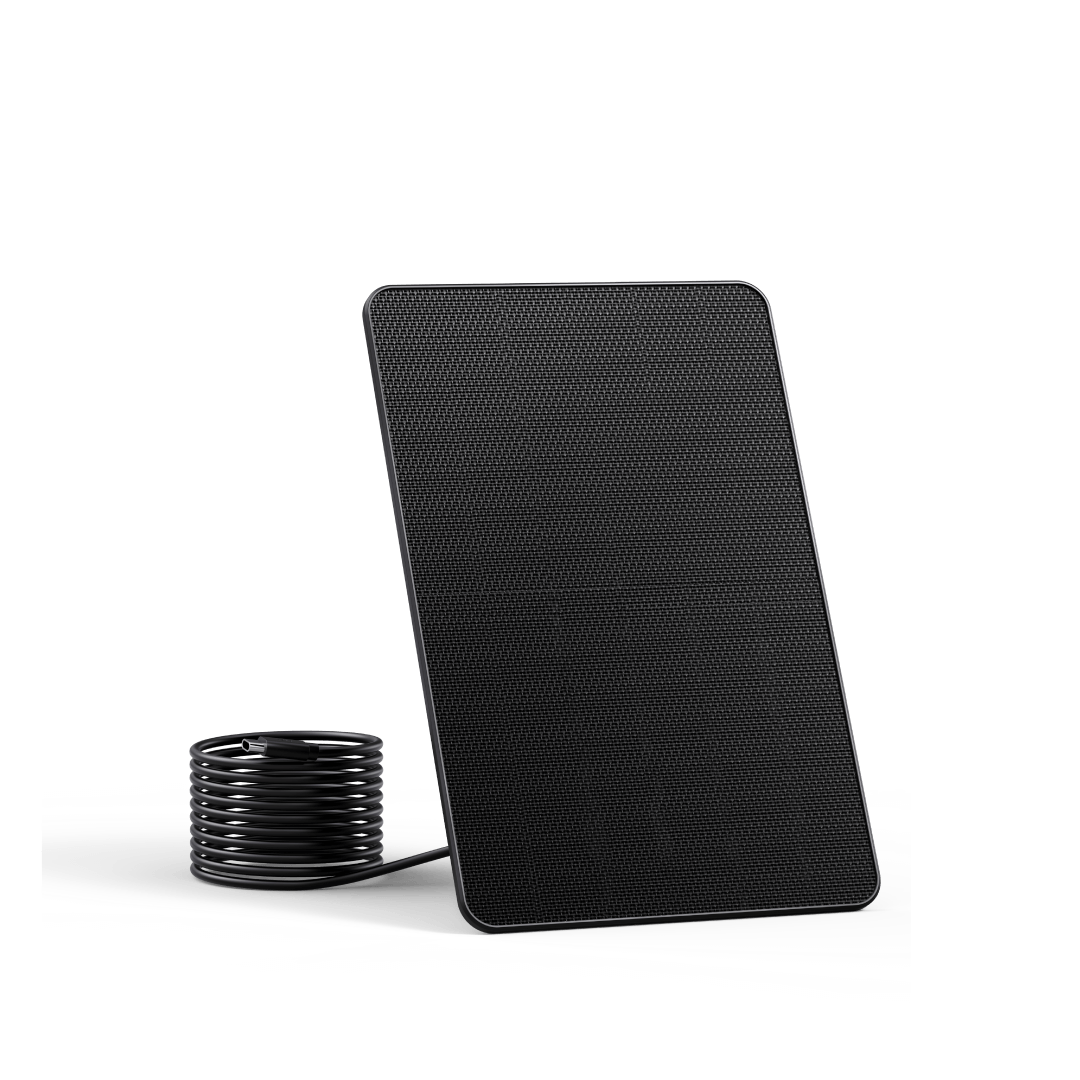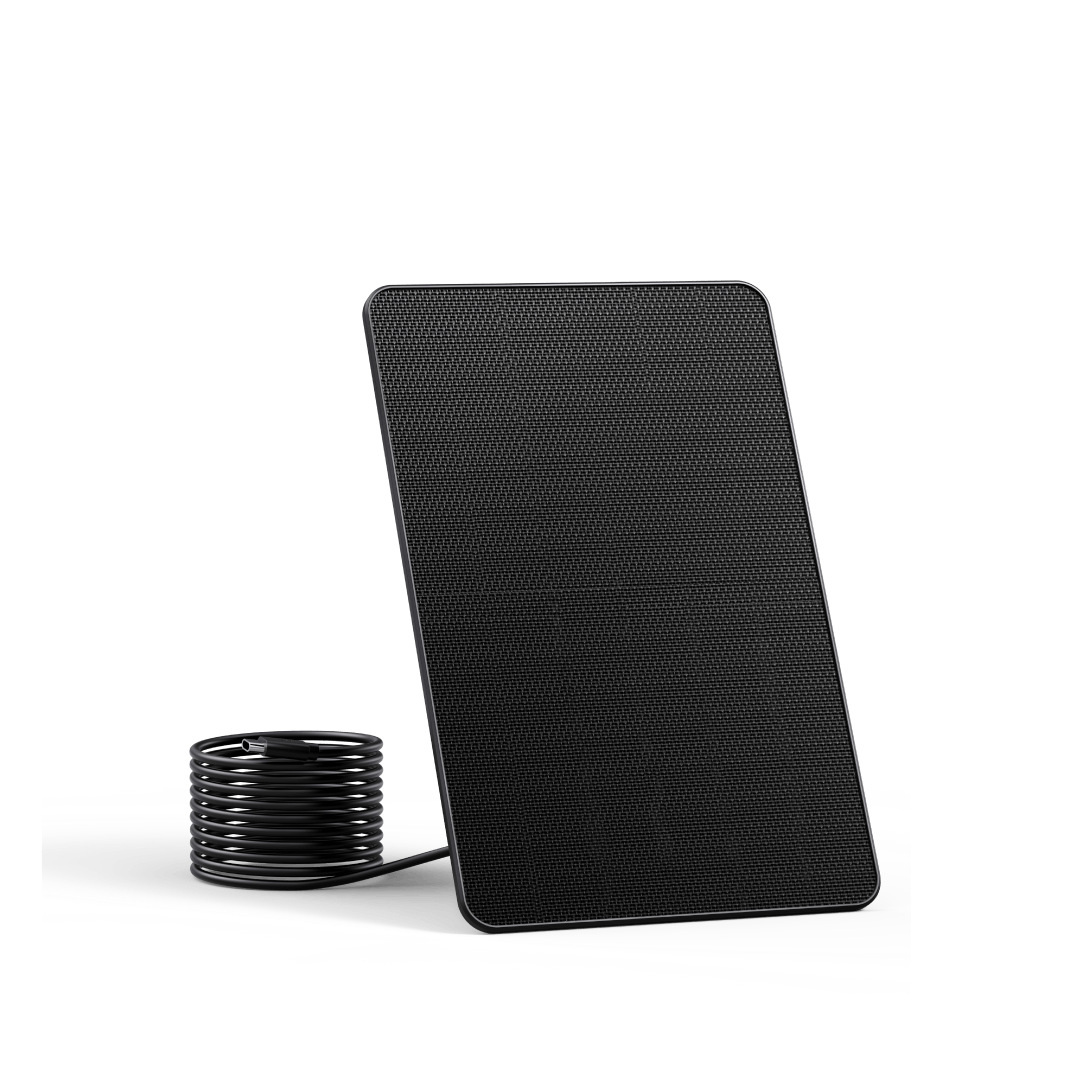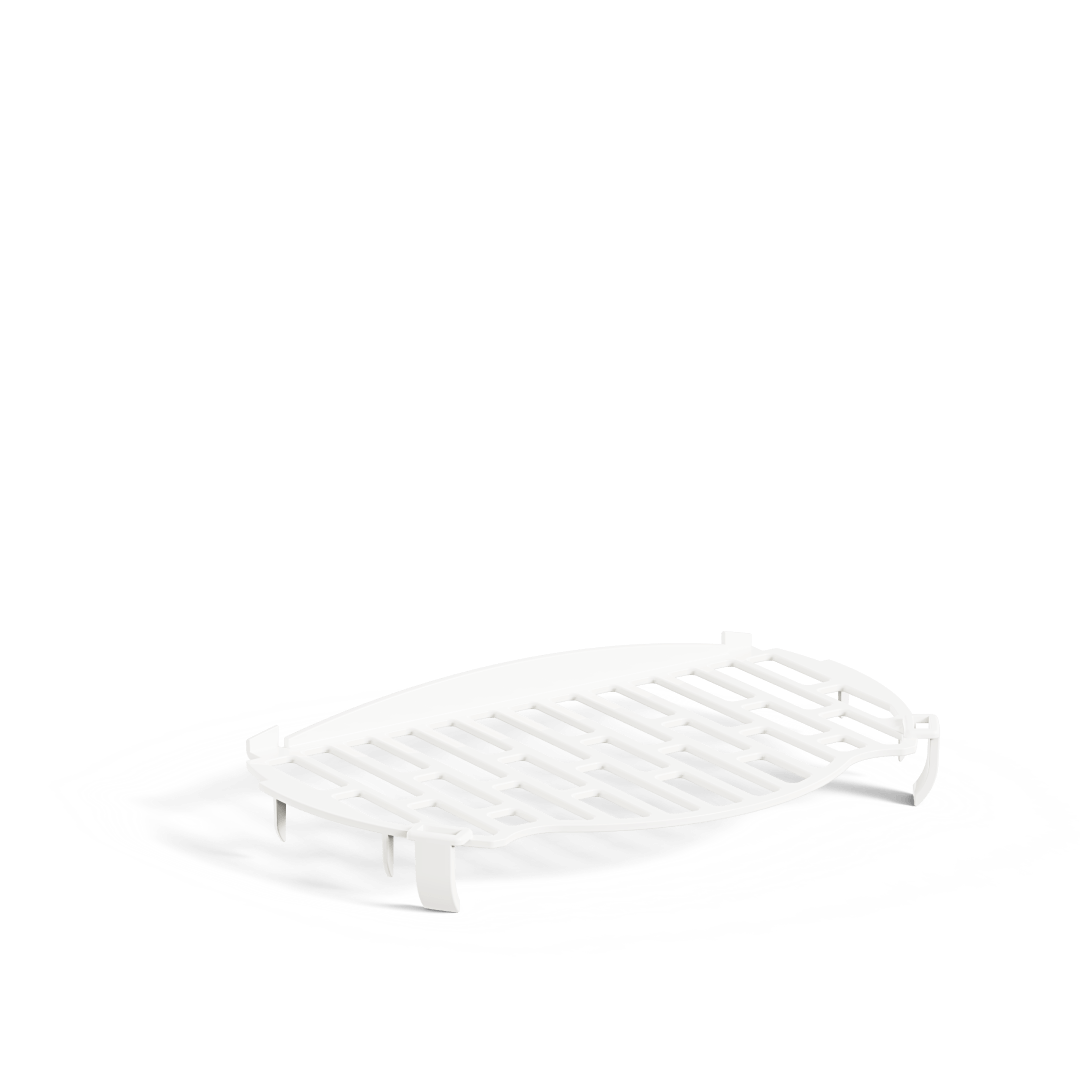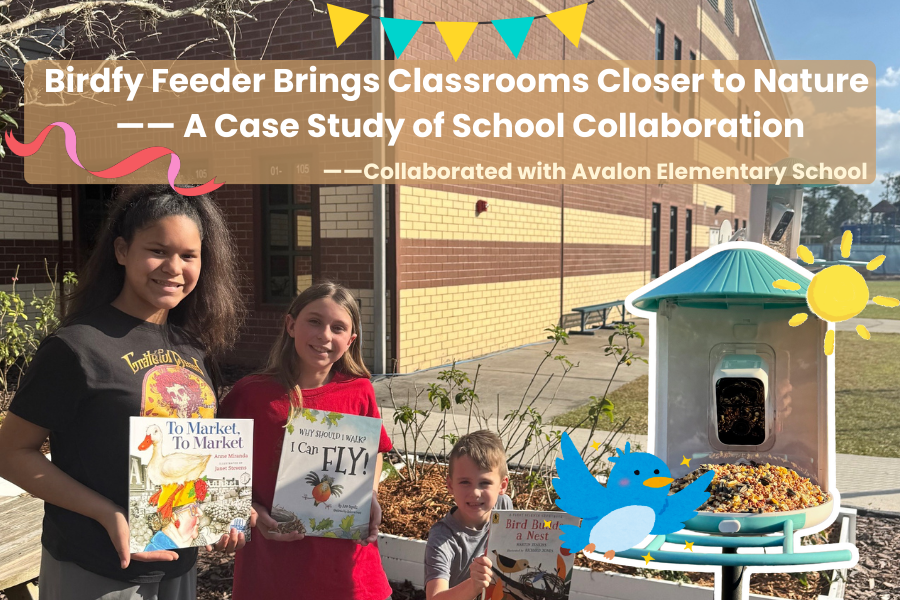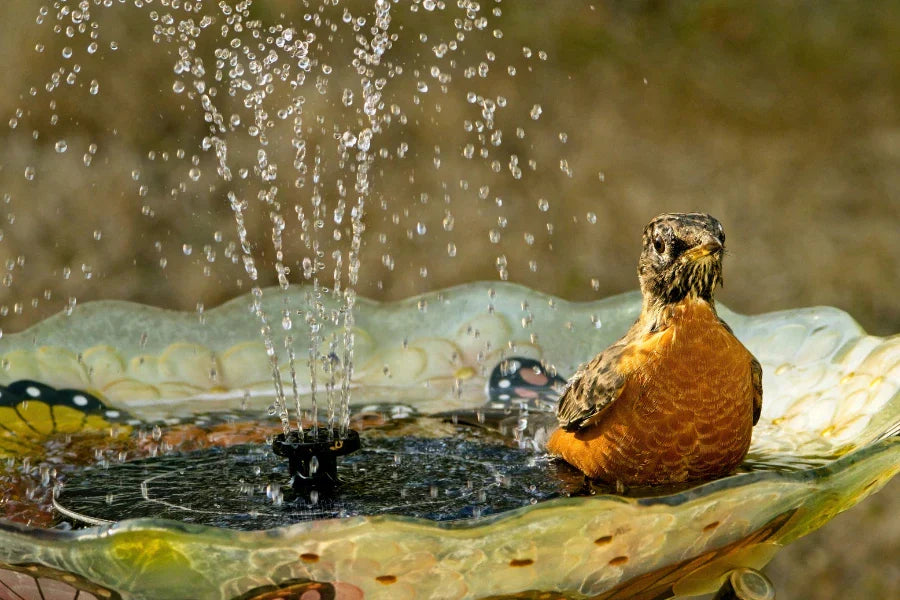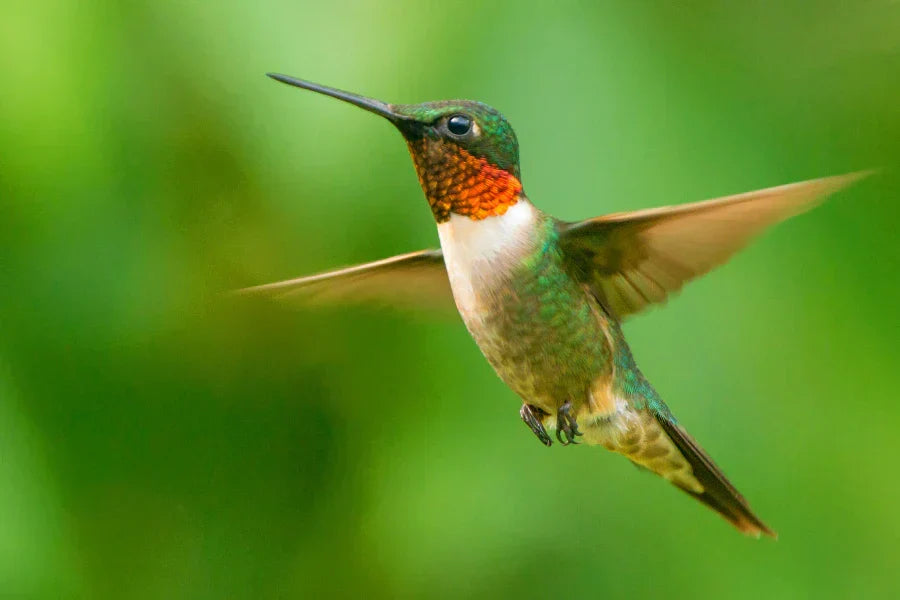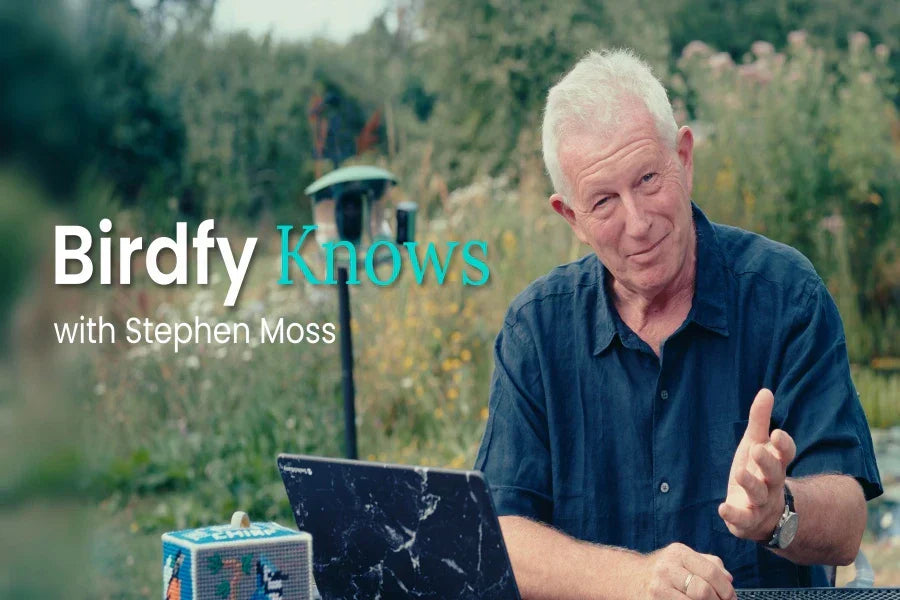Birdfy Knows Episode 1 - Stephen Moss Answers Your Most Interesting Bird Questions!
Hey, bird lovers!
Ever find yourself looking up at your feathered neighbors and wondering... why? Birds seem so familiar, yet they’re full of mysteries. What’s going on in those tiny heads? How do they pull off those epic migrations?
Well, now’s your chance to find out! Birdfy has teamed up with world bird experts to bring you a fun and fascinating video series: Birdfy Knows. We’re skipping the long lectures and getting straight to direct bird questions and answers.
In this blog, we’ll dive into a collection of fascinating questions about birds with answers, tackling mind-benders like "Do birds dream?" and "Why don’t woodpeckers get concussions?" Trust us, the answers will blow you away.
🐦Q1: Do birds not sleep at night, or do they have bird insomnia?
Martha J. Green:
Last night at 3 a.m., I opened my Birdfy App and saw a Northern Cardinal just sitting there. Totally still. Do birds not sleep at night? Or do they have bird insomnia?
Stephen Moss:
Birds do sleep, but they sleep very differently from us. We tend to sleep in long periods, perhaps eight hours if we can, or certainly even if we have a nap, perhaps one or two hours. Birds don’t do that. They will doze off for a few seconds at a time or a few minutes at a time often, and then they wake up because they have to be very careful because of predators. So it’s like a sort of power napping, but bird style.
🐦Q2: Do hummingbirds have routines?
Bill from Lancaster:
I keep seeing the same hummingbird buzz by my Birdfy Feeder like it’s checking in for work. Do they actually have routines?
Stephen Moss:
Yes. Hummingbirds are very much creatures of habit. Quite a few species follow what they call trap lines, which means they follow the same route again and again during the day. They’re a little bit like delivery drivers, only they’re not fueled by coffee, but sugar.
🐦Q3: Where do Indigo Buntings go after summer?
Tom:
I’ve logged sightings of Indigo Buntings for three summers straight with Birdfy. But why do they disappear the moment full hits?
Stephen Moss:
Well, you’ve sort of explained really there, Tom, because indigo buntings are long-distance migrants. They’re spring and summer visitors to the United States and Canada. They don’t stay all year round. They’re not resident birds. They’ll then head down as soon as fall hits. We get colder weather, we get rain and winds, and there’s less food. So they’ll head down mostly to Central America. I’ve seen them down there in Guatemala and in Panama, and they’ll find a new supply of food. They won’t breed down there; they breed here and then they head back down there. So they sort of get the best of both worlds. I mean, you know, lucky birds, aren’t they? I wish I could go away for the winter.
🐦Q4: Do birds get jet lag when they migrate across time zones?
Stephen Moss:
Migratory birds are crossing all sorts of time zones. They might be going north to south, but they quite often also go west to east or east to west or at an angle. And that means they have to use the sun to calibrate what time of day it is, and their tiny brains have this brilliant ability to do that. So actually, no, they don’t get jet lag. They sort of adapt as they go.
🐦Q5: Why do Robins puff up like little beach balls when it’s cold? Is it fat or fluff?
Stephen Moss:
Well, robins do have an insulating layer of fat, but yeah, basically it’s fluff. When it’s cold, a robin and other small birds will puff up their feathers to trap air underneath, a bit like if you wear a puffer jacket. By puffing up their feathers, they stay warm. But also to us, they look really cute. And that is why the Robin is Britain’s favorite bird. (Editor’s Note: Stephen is based in the UK, referring to the European Robin. The same principle of fluffing up for warmth applies to American Robins and other backyard birds, too!)
🐦Q6: Can birds dream? Do owls have daymares?
Stephen Moss:
Birds do experience REM sleep a little bit like us, but unfortunately, we have no idea what they’re dreaming about. Probably worms, some birds may be fish. And perhaps world domination. Who knows?
🐦Q7: Why are baby birds so ugly when they hatch?
Stephen Moss:
Baby birds can be a little bit gawky, a little bit ugly, a bit like teenagers, really, aren’t they, to be honest. But baby birds have really high priorities, even compared to adults. They have to survive. They have to hide from predators. They have to keep warm. So the fluffiness of a baby bird and all those things are just part of its nature, really. And of course, the famous ugly duckling did turn into a swan.
🐦Q8: Can birds recognize individual humans?
Stephen Moss:
Yes, they can! Yes, they can. Particularly three groups of birds—crows, pigeons, and parrots—are very good at recognizing individuals, either when that individual potentially represents danger, for example, if they’re carrying a gun, or more often when that individual is carrying or bringing or giving food, not just in captivity, but in the wild. Birds are very good at recognizing individual humans. Aren’t birds just amazing?
🐦Q9: Can birds fall in love?
Stephen Moss:
Well, most birds aren’t terribly monogamous, but two groups of birds in particular—swans and albatrosses—tend to mate for life, or at least until one of the partners dies. Because they’re both very long-lived birds, especially albatrosses, they can be together as a couple for 50, 60 years, or even longer. So, yes, I think we can say that some birds do fall in love.
🐦Q10: Why do birds tilt their heads sideways when they look at you? Are they judging me?
Stephen Moss:
Mike in the Garden asked this. Or perhaps, Mike, they’re flirting with you? Well, actually, it’s neither. Most small birds have eyes on either side of their heads, so they don’t have binocular vision. By tilting their heads either way, they’re able to triangulate distance and understand perspective in a way that we just take for granted. That means that, I’m afraid, they’re not judging you or flirting with you; they’re just working out what to do.
🐦Q11: How do birds know which way is north when they migrate? They don’t have Google Maps!
Stephen Moss:
Well, you’re absolutely right. But what they have is better than Google Maps. They have a combination of their innate inherited learning, and then they use the position of the sun, the stars, polarized light, and most incredibly, the Earth’s magnetic field, which they’re able to detect. So using all those, they are able to find their way, and it’s probably one of the greatest miracles in the natural world.
🐦Q12: Why do woodpeckers not get headaches when they’re drumming? I tried knocking like that once and saw stars.
Stephen Moss:
Woodpeckers have evolved special abilities. They’ve got tail feathers that press against the tree, which holds them there in their claws. They can move their heads very rapidly, but they have a sort of spongy area around their heads that acts like a shock absorber. So when they hit a bump, it doesn’t smash up, and that’s exactly what woodpeckers have got. So, as I say, don’t try it at home.
🐦Q13: Can birds cry like actual tears?
Stephen Moss:
Well, not really, but birds do have tear glands, but it’s to keep their eyes moist, just as we do. They can’t actually cry, although certain birds, especially the Screaming Piha of South America, can yell very loudly.
🐦Q14: Do city birds have accents? My cousin said that London pigeons are more polite than New York pigeons.
Stephen Moss:
Well, no reflection on London and New York people, but you’re right, birds do have accents. Some urban birds have evolved to sing more loudly and actually at a slightly higher pitch than their country cousins. And that, of course, is because in urban areas, you have much higher levels of background noise, particularly from motor vehicles. So yeah, in a sense, birds do have accents.
Conclusion
That’s just a taste of the many wonderful bird questions Stephen Moss is helping us explore. We hope this collection of questions and answers about birds has sparked even more curiosity for you. Every question on birds can lead to new discoveries. Birds may be small, but the mysteries they hold are endless—and that’s what makes birdwatching so rewarding.
If you want to get an even closer look at your feathered friends, our Birdfy smart bird feeder is the perfect way to observe their behavior right in your own backyard!
Have more questions about birds or interesting stories on your mind? Drop them in the comments below! And maybe your questions will be featured in the next episode!
Share









